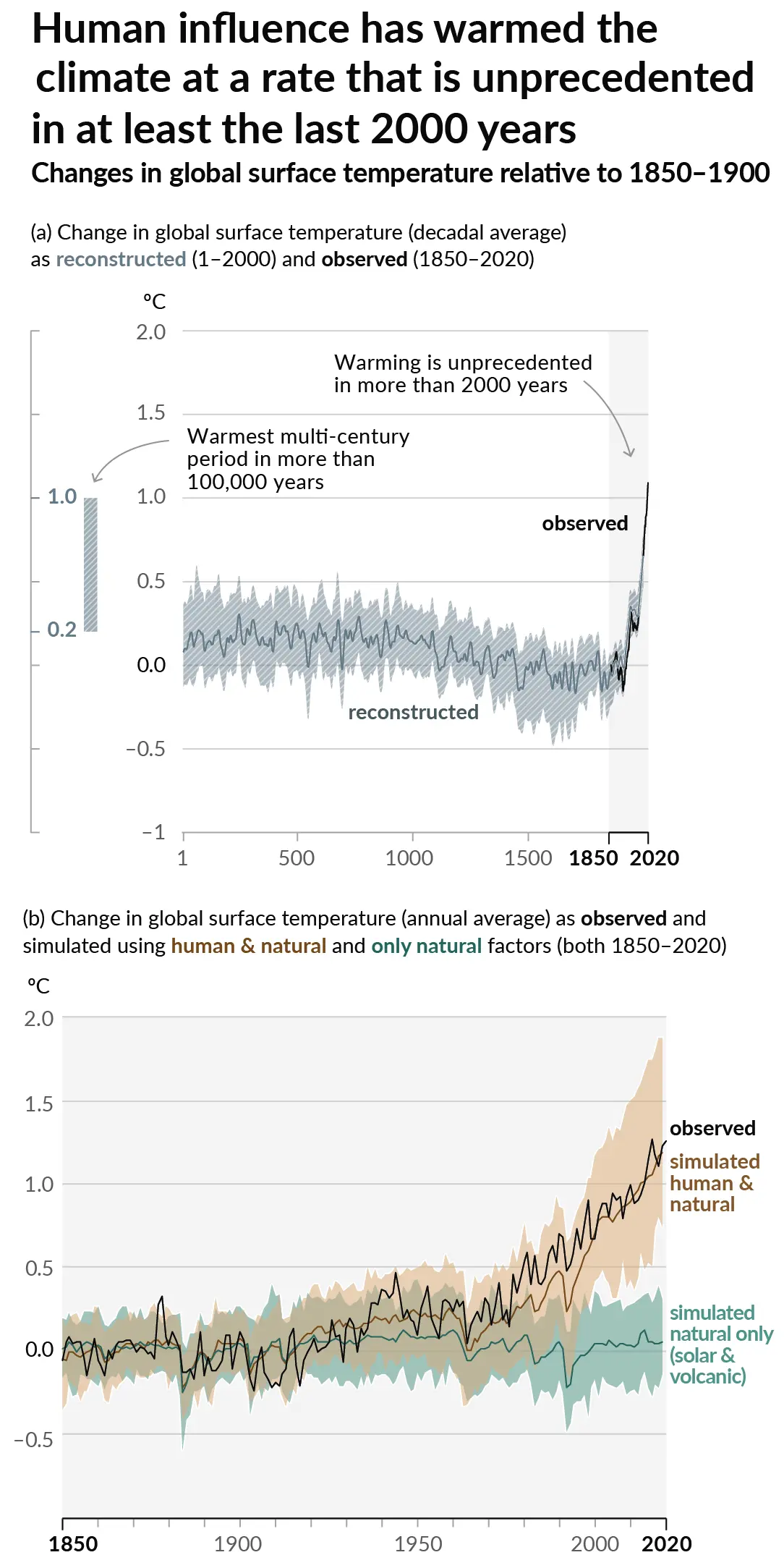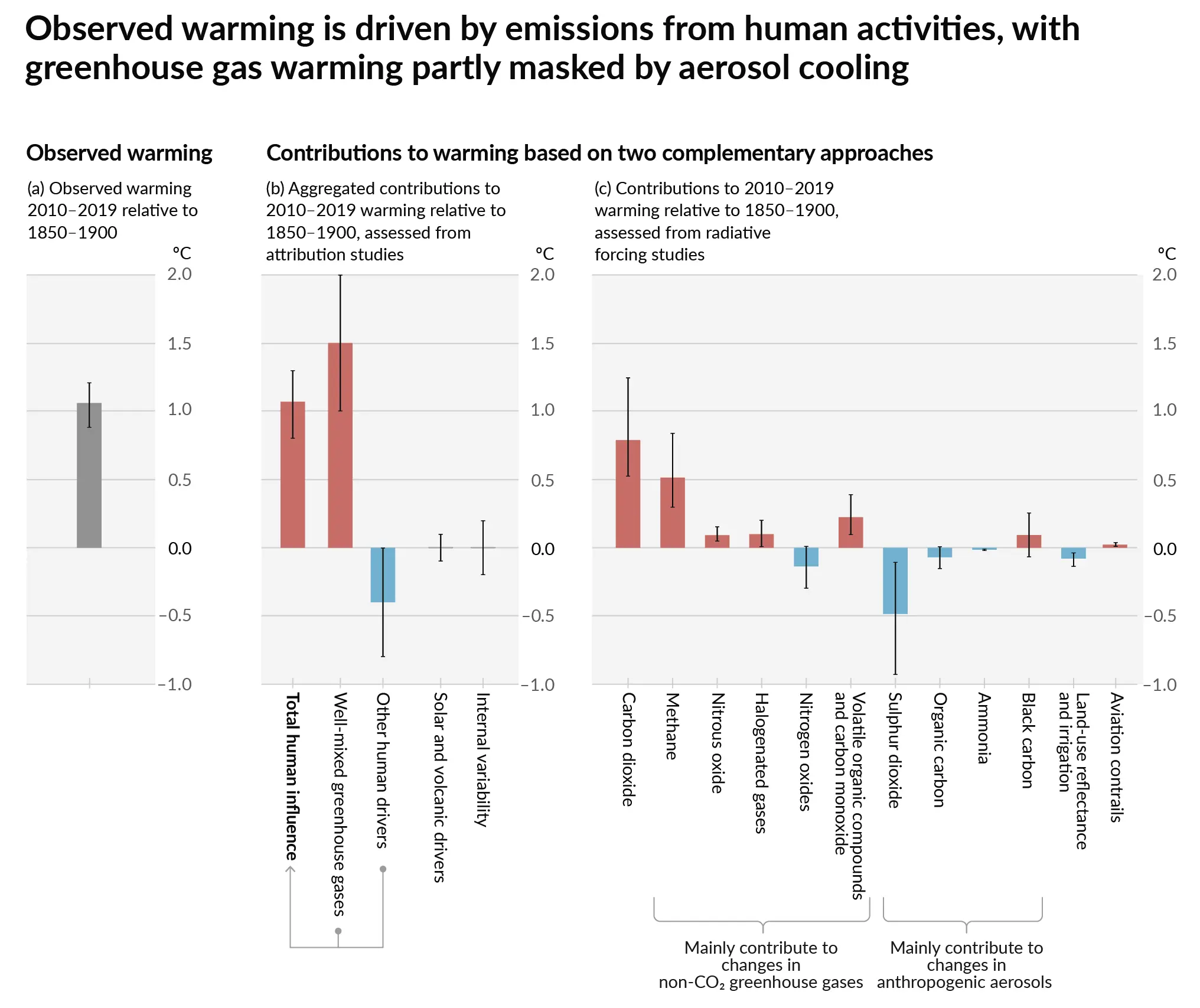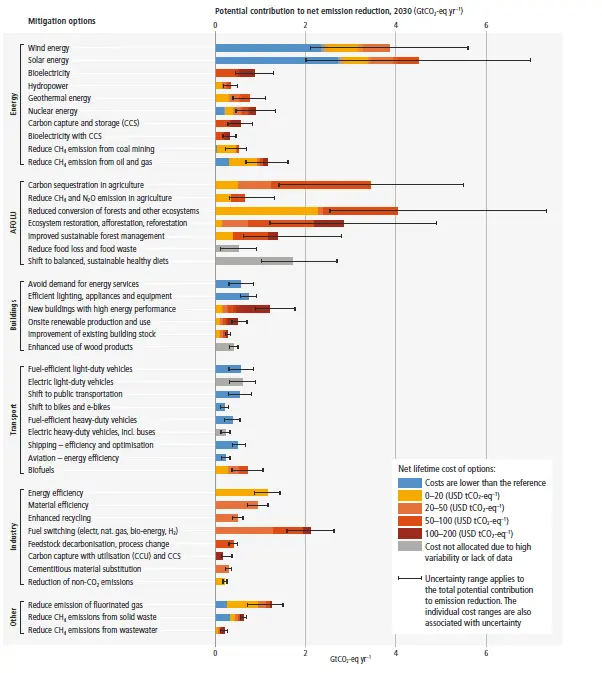this post was submitted on 26 Jul 2024
43 points (97.8% liked)
Climate - truthful information about climate, related activism and politics.
5387 readers
402 users here now
Discussion of climate, how it is changing, activism around that, the politics, and the energy systems change we need in order to stabilize things.
As a starting point, the burning of fossil fuels, and to a lesser extent deforestation and release of methane are responsible for the warming in recent decades:

How much each change to the atmosphere has warmed the world:

Recommended actions to cut greenhouse gas emissions in the near future:

Anti-science, inactivism, and unsupported conspiracy theories are not ok here.
founded 2 years ago
MODERATORS
you are viewing a single comment's thread
view the rest of the comments
view the rest of the comments
Actually, magnetic bearings experience wear as well.
So called "permanent" magnets gradually lose their charge over time through interactions with opposing magnetic fields, heat, and mechanical stresses. Neodymium, for example, loses about 0.1% of it's field strength per year even when it isn't being used for anything. This is why you can't use magnets to make perpetual motion machines:
Magnets are basically batteries that store energy in the form of a magnetic field, eventually they run out of charge and need to be re-magnetized.
This makes passive magnetic bearings really tricky to design, so most of those in use are active types that also employ sensors and electromagnets to ensure stability. These electronics also degrade over time, so usually a mechanical bearing is a better choice unless the use-case requires a frictionless axle.
Everything degrades over time, that's a given, nothing lasts forever. But if they relieve the weight from the mechanical bearings with magnets, then they might last quite a bit longer before needing service.